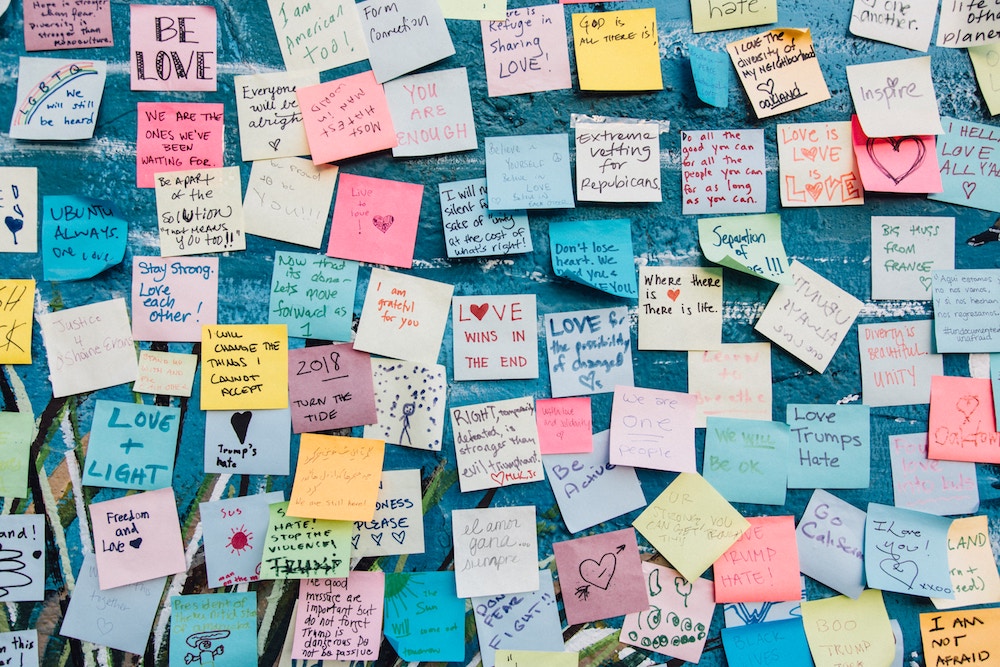It’s that time of the year where we start looking back on the year that was. And the lessons we gained along the way. So this time I decided to share with you all the lessons from my clients this year. I have reviewed all my notes after hours of coaching sessions, and distilled 10 key lessons that might benefit you too. Whilst I’m not including any names, be sure that behind every single lesson below is a real person just like you.
- I need to learn to not ignore it when I’m tired: our working bee habit drives us to achieve a lot, but it can also adversely prevent us from taking the rest we need. When we don’t let ourselves catch a break, or do nothing at times, we start losing clarity and mental energy. We easily go from productivity to overdrive. Stopping is not a sign of laziness. Rest is part of life.
- I’m taking on other people’s feelings too much at work: naturally kind-hearted or fair people offer a caring shoulder to others at work. We try to help them be happier. But ultimately that power resides within them, and their own view of the world. Meanwhile our own thoughts get affected by negative conversations. So somewhere we need to draw the line to protect ourselves, whilst staying respectful. The best way you can inspire others is by looking after yourself.
- I constantly felt like I wasn’t doing enough, because a teacher told me I would never be good at it: it may sound surprising that we carry our an old memory into our present. We can find still find them at play 20 years later. If you can recall it, it’s probably still having an effect. Typically you do certain things automatically without really knowing why, to compensate. One person’s opinion back then does not reflect your future.
- I took those jobs to prove to other people (including my parents) that I could do it: when we see a pattern of roles and job hopping, there is usually a clear correlation with a lack of alignment. Every time we realise it’s not working, we try to look for something else. But we fall back into the same pattern as we are not aware of it, and end up taking another of those jobs. It’s tricky to distinguish what we *think* we want, from what we actually want. But then you can go for what feels like flow to you.
- I changed my mindset from ‘I’m stuck” to “I’m in redeployment mode”: when things don’t work out the way we expect them too, it’s easy to go down the spiral of negative feelings. And to judge ourselves at the same time for what happened, or for not being able to get out of it. Neither bring any upside. What is more useful is to accept what happened, and decide on building a positive next step. That way we get out of a rut, and attract more opportunities.
- Work was creeping up outside my part-time hours, because I made myself available: as much as we don’t like the outcome of working on time off, we sometimes don’t realise how that comes about. Often out of a sheer desire to succeed or to show our committment, we leave our diaries open and before we know it we have accepted a meeting. We think it is only a one-off. Then the habit builds up. Boundaries are everything from the start, and begin with us being clear with ourselves on what we will do and won’t do.
- I felt guilty and stressed when I didn’t show up at work on time, now I feel OK because I know I’ve done my best: many of us judge ourselves when external circumstances impact our timeline. And sometimes those events are completely outside our zone of control. Our negative thoughts about something not going to plan double the emotional charge on us. The best thing is to plan and do your best, then release whatever happens outside of that.
- I lacked confidence because as a female I did stick out with my career choice: when we try to fill the shoes of what is ‘expected’ of us in terms of our career, we can be at odds with our own values and interests. It creates internal conflict, self-doubt and dampens our progression. Once we can free ourselves of the ‘model’ laid out by society, we give ourselves permission to thrive.
- I don’t need to know everything to get that role, it’s about bringing my value into it: when we go for the next level up at work, we tend to focus on all our blind spots. All our shortcomings. Whilst what matters is our own vision of the role, all our ideas and insights coming from our experience to date. Then we need to communicate this as clearly as possible.
- I decided to not settle for something that didn’t quite fit, believed in myself and got the job: we aren’t aware of what we are capable of, until we try. So we need to believe in ourselves beforehand, which feels counterintuitive (because we don’t have the proof). The belief will not materialise before we try, we have to use it as our fuel until we get to our goal. Then it feels amazing.
There are many more lessons to be found. I hope these inspired you to see what’s possible after a couple of coaching sessions. These changes in perspective that mean drastic changes in your enjoyment levels at work and outside. How what is bugging you now does not have to continue to be.
If you would like to experience similar shifts in your own life, I’d love to offer you a free Clarity Call. You can book a spot in my calendar here.

